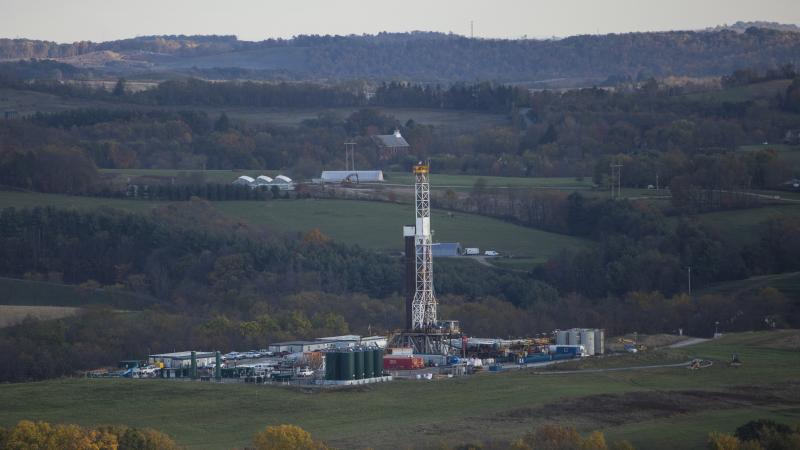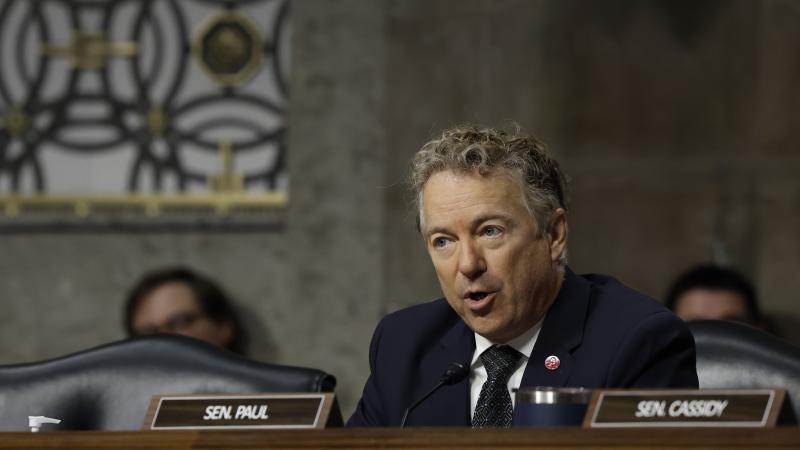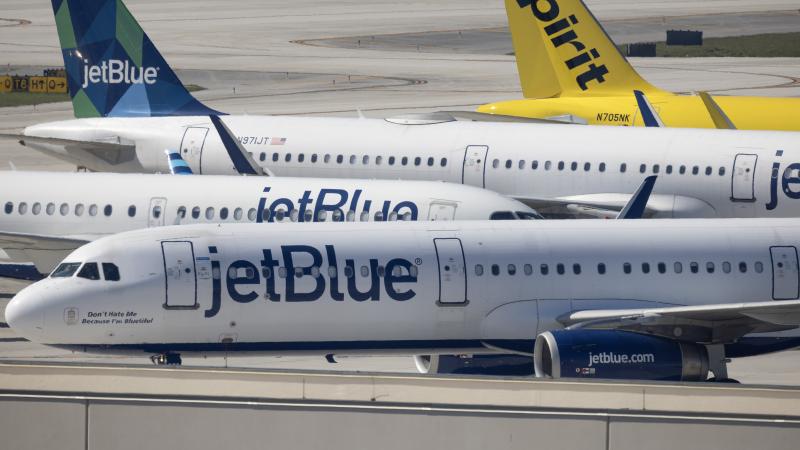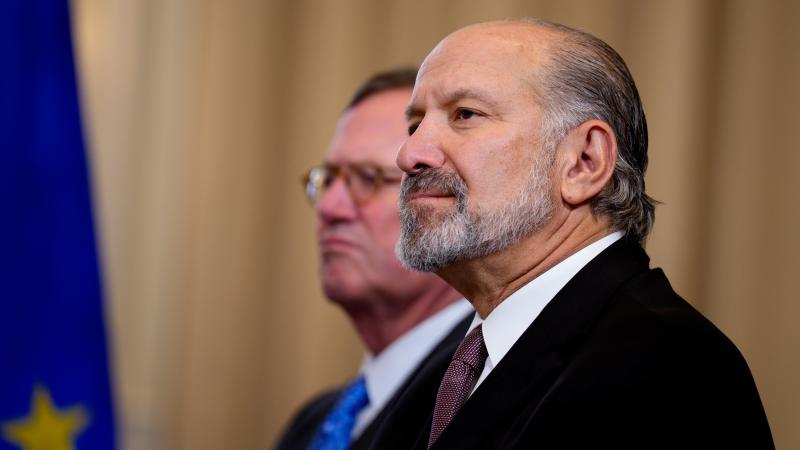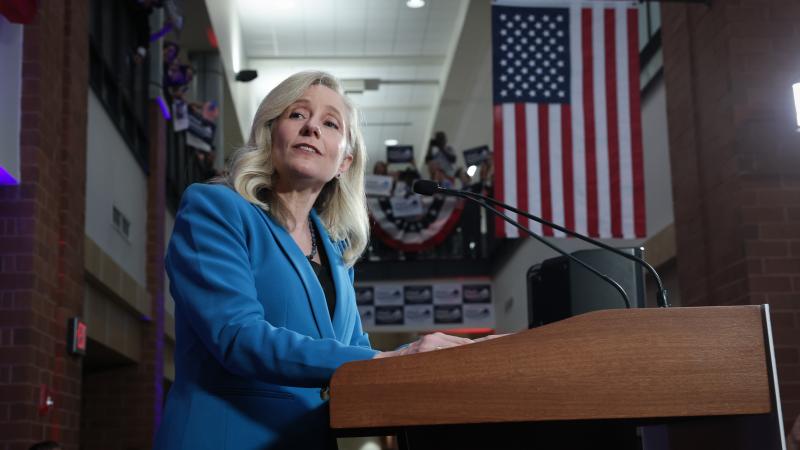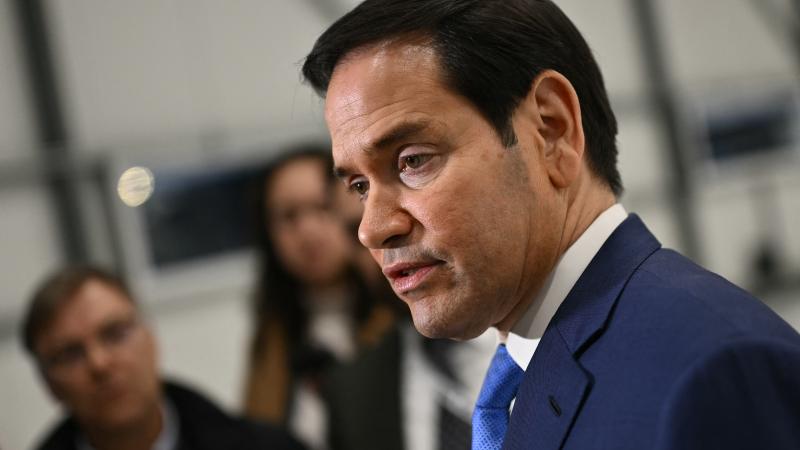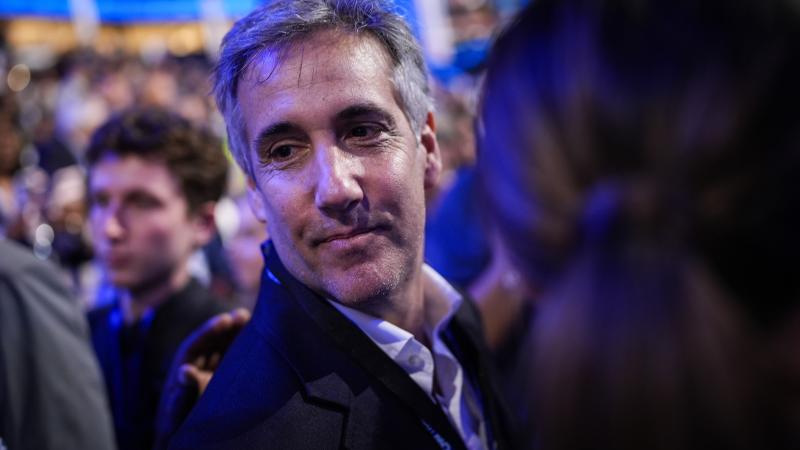Landry signs sweeping law to reform legacy oilfield lawsuits
SB244 was one of several major energy bills signed by Landry on Monday.
(The Center Square) -
(The Center Square) − Louisiana Gov. Jeff Landry signed a trio of energy-focused bills and an executive order aimed at reshaping the state's energy future and rebranding its approach to natural resource management.
At the center of Monday's signing ceremony was Senate Bill 244, authored by Sen. Bob Hensgens, R-Abbeville. Among other things, the 227-page bill targets so-called "legacy lawsuits" — a decades-old legal battleground between landowners and oil and gas operators over environmental damage.
"For over 30 years, legacy lawsuits have plagued this industry," Landry said. "Today, we close the book on the past and bring certainty back to the oil and gas industry once and for all."
SB244 was one of several major energy bills signed by Landry on Monday. He also approved House Bill 692, which sets a broad energy policy agenda focused on affordable and reliable power, and HB600, which reduces oil severance taxes for new drilling.
"These actions show we're serious about putting people back to work and making Louisiana a national leader in energy again," Landry said.
SB244 significantly amends Louisiana's oilfield site remediation law, known as Act 312, which governs lawsuits over contamination from historic drilling activities. The 227-page legislation is designed to streamline cleanup efforts, reduce litigation costs and provide more clarity for courts, landowners, and oil and gas operators.
Under the new law, companies that acknowledge responsibility for environmental contamination — or are found liable in court — must submit cleanup or assessment proposals to the Department of Energy and Conservation, which was previously known as the Department of Natural Resources.
The agency, rather than the judiciary, is now tasked with evaluating these submissions and selecting what it deems the most feasible plan.
Judges are required to adopt the department's plan unless another is proven superior by a much stricter legal standard than before.
The updated law also empowers the department to apply risk-based environmental frameworks like the Risk Evaluation/Corrective Action Program, even without approval from landowners. It halts court proceedings until a remediation plan has been finalized, shifting the emphasis from lengthy trials to environmental recovery.
Further provisions include limits on damages, with non-cleanup compensation capped at three times the property's surface market value. Once the remediation plan is accepted by the court, responsible parties are shielded from additional attorney and expert fees. Those cleared of liability can recover legal expenses from the plaintiff.
A key element of the legislation is its delayed rollout. SB244's new rules won't apply to legacy pollution cases filed before Sept. 1, 2027. Cases filed before that date — regardless of when the contamination occurred—will continue under the current framework.
That delayed start has sparked concern among oil and gas advocates. A similar proposal was rejected in part due to a proposed 2026 effective date.
"Louisiana has faced nearly two decades of legacy lawsuit abuse that has undermined investment and economic growth," Chevron's lead trial counsel, Mike Phillips, previously told The Center Square. "This extended timeline incentivizes a last-minute rush of questionable legacy lawsuits, as plaintiffs' attorneys are now encouraged to flood the courts with claims before the new reforms take effect."
Proponents of the legislation say the extra time is necessary to allow stakeholders to adapt and for the agency to scale up for its expanded responsibilities.

